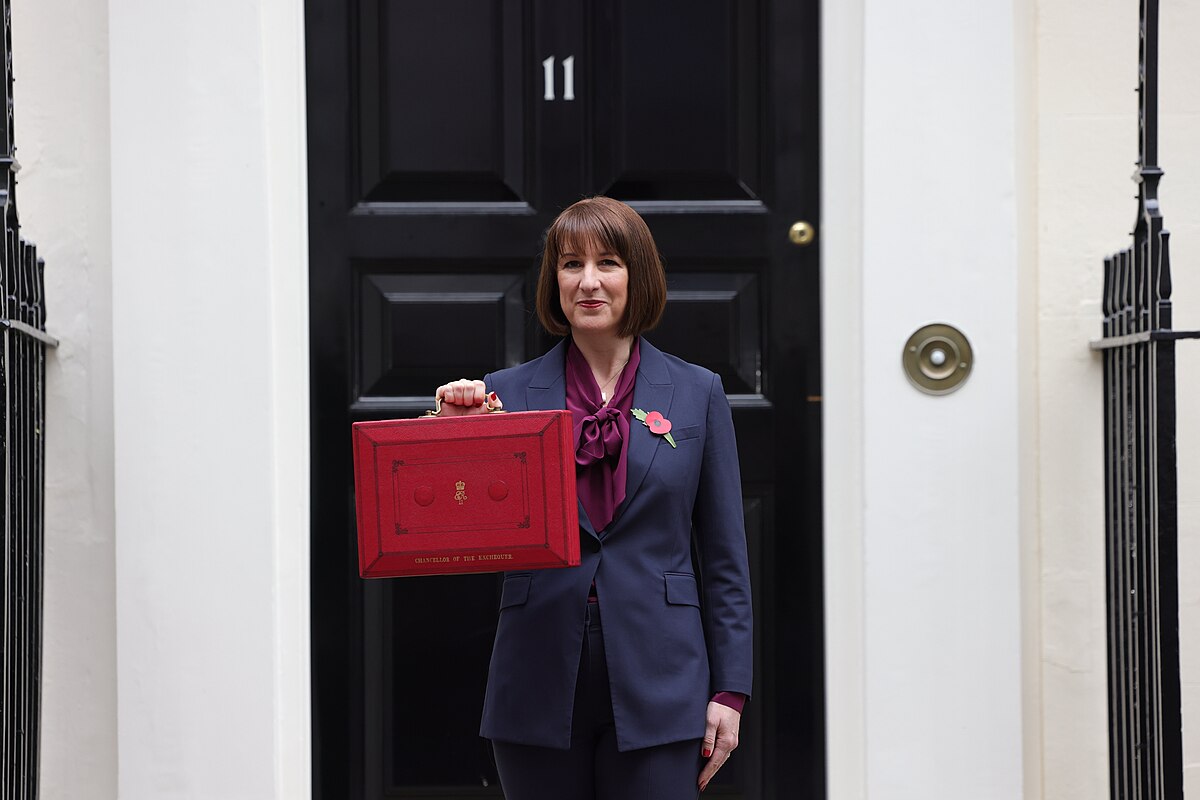New Report Reveals Autumn Budget Delivers Blow to Businesses

A new independent report has confirmed long-standing concerns that the Autumn Budget’s changes to Business Property Relief (BPR) and Agricultural Property Relief (APR) would only hurt the economy. These changes, intended to raise revenue, will ultimately stifle business investment, reduce job opportunities, and harm the historic house and rural economy sectors.
Historic Houses has been supporting and contributing to the work being done by Family Business UK to oppose the Autumn Budget’s changes to Inheritance Tax reliefs (IHT). Their new report, which was carried out by independent consultancy CBI Economics, and surveyed around 4,000 businesses. It has found that the changes to BPR and APR would cause significant harm to the economy. By April 2030, these changes would reduce GVA by almost £15 billion and produce a net fiscal loss of £1.9 billion.
To put that in context, this means that the Government will lose more money on this policy than it claims will be raised: the Office for Budget Responsibility estimates that the changes will only raise an additional £0.5 billion a year between 2026-27 and 2029-30, and even that is highly uncertain. The Government are claiming that these changes are necessary to fixing the finances after mismanagement by the previous government. This report demonstrates how misjudged this decision was.
Job losses are another enormous consequence: more than 200,000 will be lost by April 2030. 23% of family-owned businesses have already reduced headcount or paused recruitment, whilst 55% have paused or cancelled planned investments. We found similar results in our own Historic Houses survey as 54% of respondents said that the changes to IHT reliefs would leave them unable to develop or diversify their business. The uncertainty around the changes to IHT reliefs and the conflicting statements on how much could be passed on tax-free only serves to further undermine business confidence and growth.
Historic Houses’ Director General Ben Cowell said:
“Historic houses play host to a diverse range of business activities. They might be open for tourist visitors, for overnight stays, or for events such as weddings. The Budget changes in relation to inheritance tax, launched without prior consultation on 30 October 2024, have changed the long-term goalposts for the majority of these businesses. This acts as a brake on investment, while the national insurance and minimum wage changes have stifled the creation of new jobs. The government must look again at these measures, if it seeks to promote growth in the rural economy.”
The lost investment will have a profound and lasting impact on the UK’s heritage and historic house businesses. Every pound going into the Exchequer will be a pound not being spent on vital repairs and maintenance to listed buildings, or in creating opportunities for the local community, or in growing a rural business.
